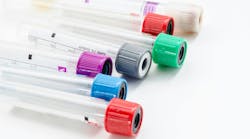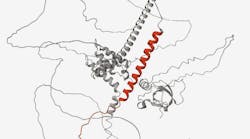New research from Yale Cancer Center identified that two simple biomarkers, immune cells and estrogen receptor levels, could differentiate which young women with ER+ breast cancer need chemotherapy to improve their survival, and which only need a monthly injection to suppress ovarian function.
The findings were recently published in npjBreast, Nature Partner Journals.
Two large clinical trials, the RxPONDER and TAILORx, demonstrated the value of postoperative chemotherapy in premenopausal women to reduce risk of recurrence compared to endocrine therapy alone, whereas in postmenopausal women there was no benefit from chemotherapy if the recurrence score (a commonly used genomic prognostic test) was less than 25. Why age/menopausal status influenced chemotherapy efficacy was not clear; until now.
This finding is substantial because it means that a subset of younger patients may not need adjuvant chemotherapy, but rather an intensified endocrine therapy with ovarian suppression (that could be accomplished with a monthly injection), while other young women have more chemotherapy sensitive cancers and they will have better outcome with chemotherapy. The study team is working on translating these observations into clinically applicable tests that measure immune presence and estrogen signaling and validate these in the already completed clinical trials.





